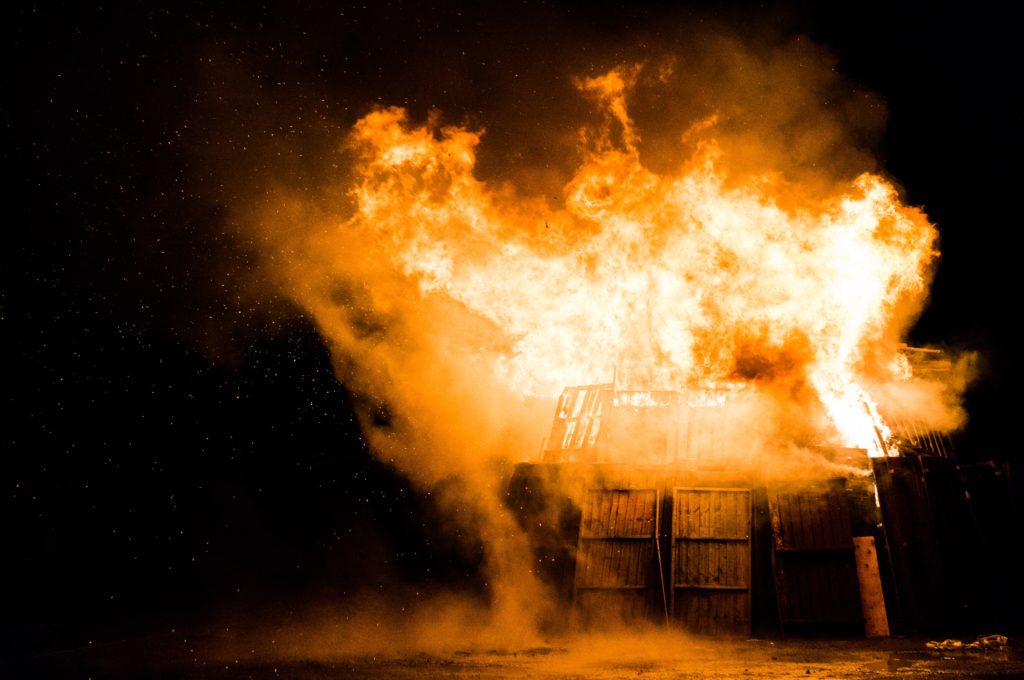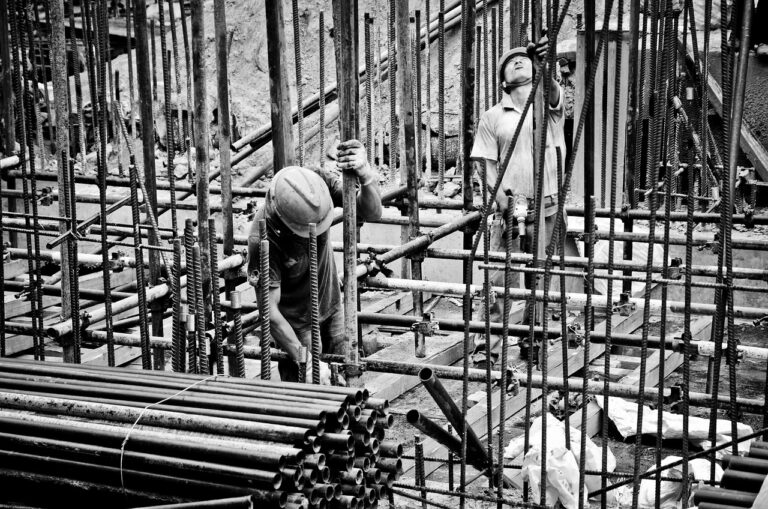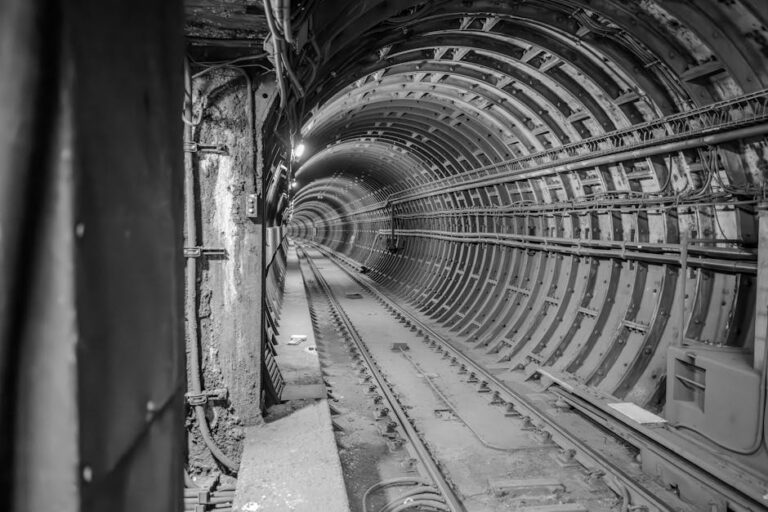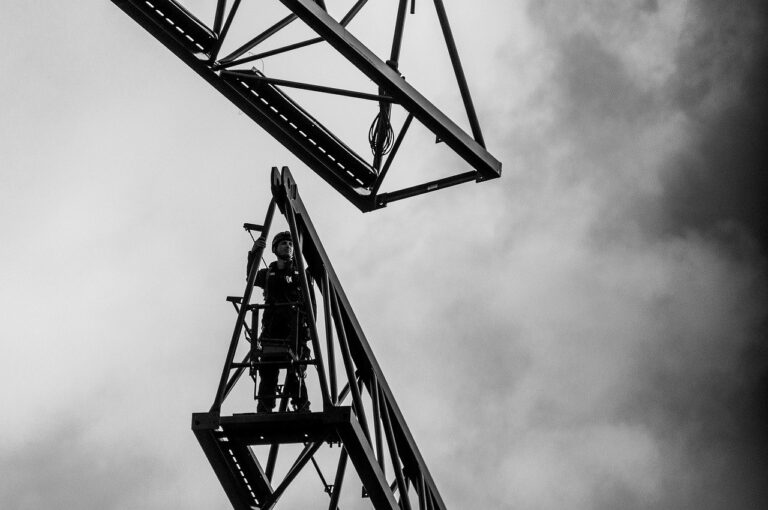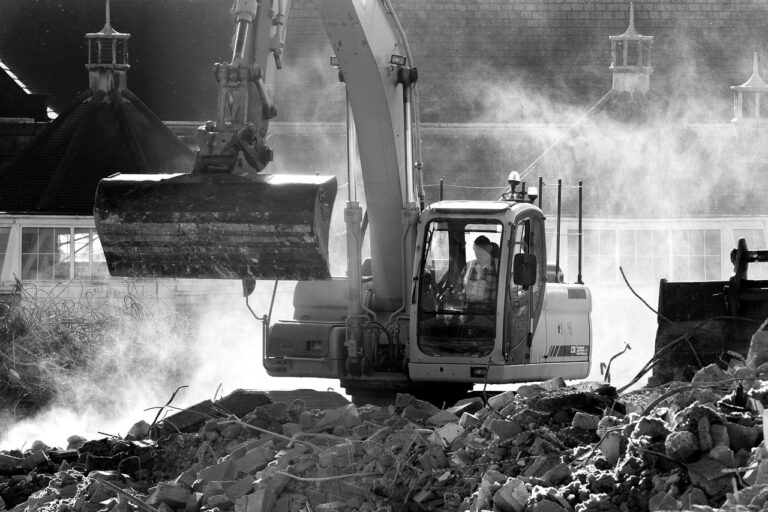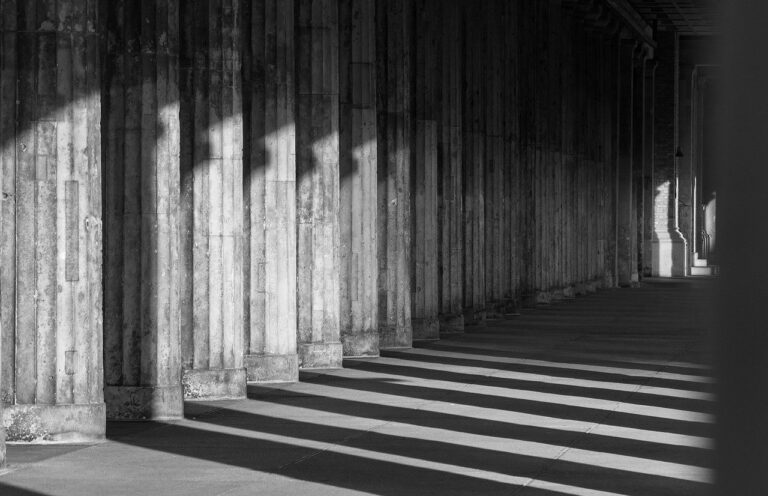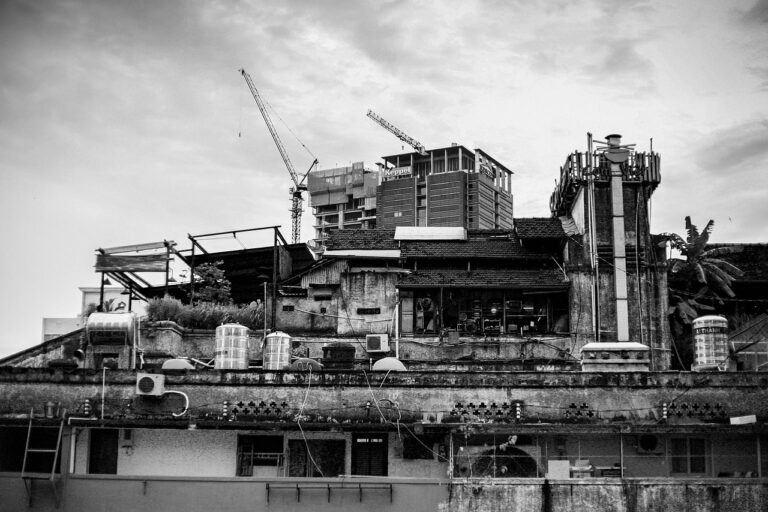Grandfathering is a term that has considerably deprecated in meaning over time to suit, owing to objective, in lieu of subjective contexts
There exists a dangerous pandemic in building code enforcement known as grandfathering. The term generally refers to buildings that were deemed compliant at the time they were built, but no longer, pursuant to modern codes and standards. The intention of the practice of grandfathering was two-fold: to make it easier for local jurisdictions to enforce codes as they saw fit, and to accommodate properties where it would be onerous and problematic to enforce updated code standards.
In a perfect world, small communities would secure the advice and counsel of people with construction industry experience to negotiate the slippery slopes of code enforcement and liability, that they may make prudent decisions. Yet, this is seldom the case.
Heinous acts of code equivocation take place in tiny board rooms all over America, every day. Do lay-dignitaries have the chops to be calling life-safety shots?
Not infrequently, lay-people volunteer for enforcement and board positions that should otherwise be reserved for people with proper credentials. The positions are typically on a volunteer basis, thus the biggest motives tend to be political, not financial. In this capacity, they are given authority over which codes to enforce, and where to enforce them. The practice is irresponsible, and puts villages and municipalities at great liability in the event of a loss. Moreover, enforcement that is perceived as discretionary will always garner antipathy and suspicion.
Grandfathering should denote a property that was once compliant and had subsequently became non-compliant as a consequence of updated or more rigorous codes. However; this is not always the case. More often the property was non-compliant to begin with, sometimes to ridiculous extremes, as I have iterated in earlier posts.
“Could it possibly infer that there may be some baksheesh involved? Not exactly outside the realm of possibility.
Such practice is not sound management. The absence of a middle ground between compliance and non-compliance is partially to blame, because it makes enforcement a selective and subjective program, instead of an objective, impartial one. Indeed, a grandfathered property with multiple fire code violations should never be allowed to pass muster, but they often do if for no other reason than the inspector’s whims and caprices.
Irresponsible grandfather sanctioning is a threat to life-safety, as well as a liability against any casualty that arises from its mismanagement. For example, if a historic restaurant without a fire suppression system burns to the ground, the insurers will not be impressed or daunted that said property was held to be in compliance according to the local building or fire inspector: in that scenario, the grandfathering distinction is worthless.
Accordingly, villages and municipalities struggle mightily with staggering insurance premiums that are in part a consequence of frequent claims that they themselves created or exacerbated. And that is only fair: if a village or municipality is a perennial liability to an insurer, the premium should go up. When premiums go up, local dignitaries scoff, and pass on the cost to their taxpayers. In other words, dignitaries and enforcement officials can make as many poor decisions as they like with utter impunity, as there is seldom a vehicle or instrument to stop them. That part is not fair.
The biggest impediment to sound enforcement is a lack of resources: communities small and large simply don’t have the man-power. But there is never a lack of manpower in the planning and historic boards when a fire or building code variance is needed for a preferred applicant. In other words, the boards make the enforcement rules. Since provincial board members have a very short shelf-life, the decisions they make can be difficult to contemplate. Even in small towns and villages, hundreds may sit on local boards over a short term, because these positions have high turnover rates, as they are both unpopular avocations, and are resented by the populace.
Having so many lay-people making life-safety decisions is irresponsible, and borders on malfeasance. The blame lies with past Federal and State legislatures that gave local municipalities great latitude in determining which codes they wanted to enforce, and which they preferred not to.
However; there remain fuzzy lines of oversight at the next level of enforcement: County, State, etc. The further up the ladder you go, the spottier local codes seem to be. I.e., folks at the higher enforcement levels take things much more pragmatically and seriously, because they are generally more qualified than any random lay-person on a local board.
Weak administrations make for weak enforcement. People have historically been OK with that, until it happens to them.
However, grandfathering is a highly sought property status for any owner, and especially speculators and developers. There is a huge incentive to a property with such status, than the same property without. That means there is a lot of negotiation taking place behind closed doors, and with inscrutability and impunity.
Others, such as historic properties, take terrible advantage of grandfathering status. Leading a charmed life, they perceive it as a carte blanche excuse to perform, or not, any number of life-safety enhancements as they deem fit. Until localities wake up and demand more vigorous enforcement practices, I fear the trend will continue well into the future.
